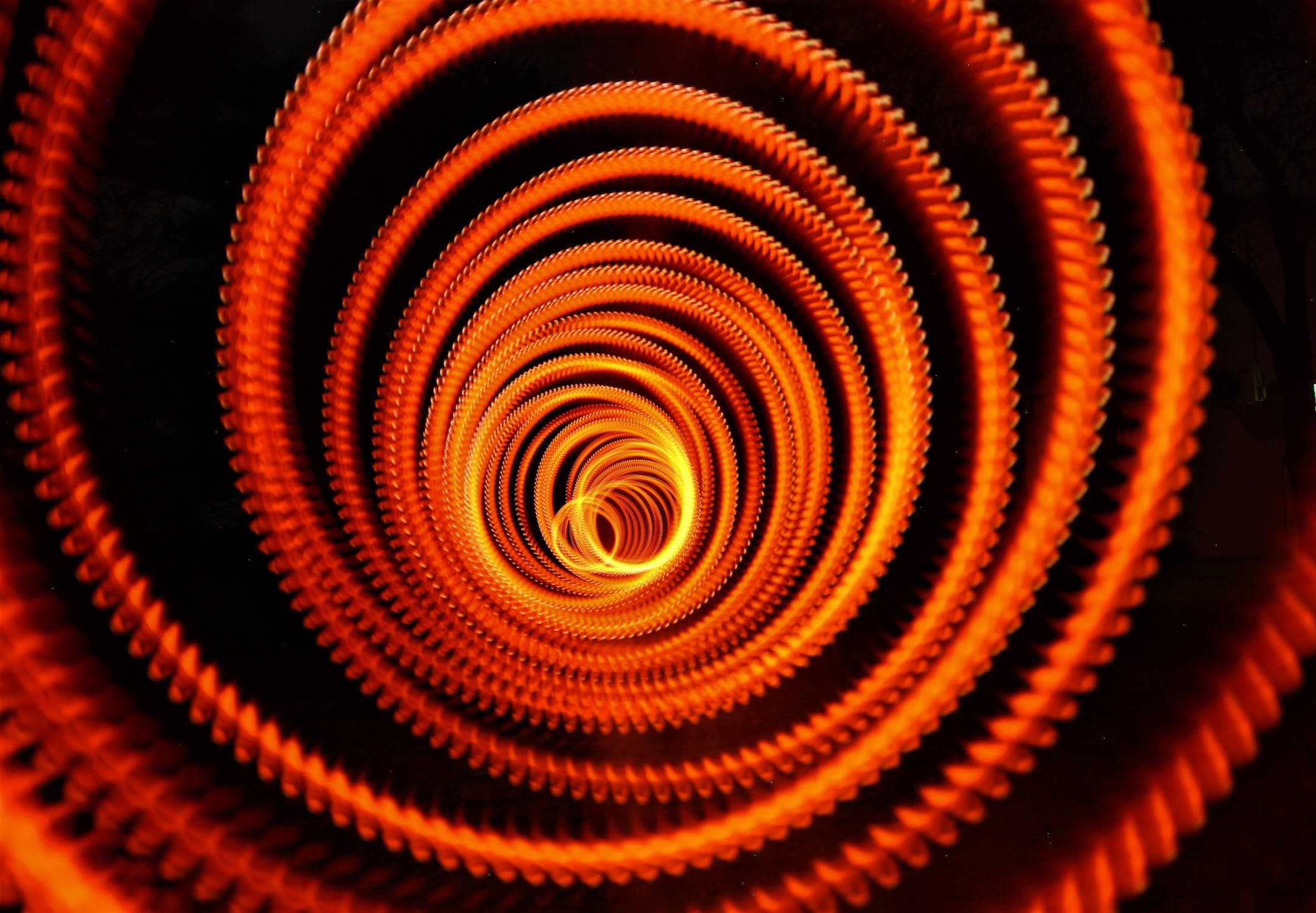
August 1, 2023
I’m intrigued by the borderland between Earth Observation and AI, and how non-AI people use machine learning. I wonder why it can be so hard to find information and best practices from outside of the field of AI. Really, my own experiences aren’t that different. Originally, I was also an outsider, peering down the AI rabbit hole.
Last weekend my parents and I went on a walk in Warmond. We recounted how the last time we were in Warmond we were “discussing” my choice of university education over dinner. They struggled to understand my sudden choice for astronomy but acknowledged that I did land on my feet in AI. Everybody I knew was surprised I chose astronomy, myself included. I never had any special interest in the stars and planets. This was a hint for the future: it did not turn out to be the place for me. However, this blog is not about why I left astronomy, it’s about how I ended up in AI.
At university, I became the student ambassador to the astronomy bachelor. It was my task to inform potential students about what astronomy is and isn’t. Basically, dispel the romantic idea that astronomers gaze at the starry sky through their telescopes. In reality, it is an incredibly challenging science full of math and physics. Moreover, what often surprises people is that astronomers do a fair bit of coding: if you’re dealing with clusters of thousands of stars, you’re not going to calculate the properties of every single star manually on your calculator.
Coding was a necessary evil for many astronomers I knew. The full curriculum left no time for in-depth classes about algorithms, data structures and best practices. If the code did what you needed, no matter how convoluted or slow, you were good to go.
I fell in love with coding from the start, it was like LEGO for the mind. I never really followed astronomy news, or new papers coming out. Instead, I started reading the course materials from the computer science bachelor. I scoured StackOverflow to find new, better ways to tackle my coding assignments and completed coding puzzles from exercism.org.
I got a burnout in the second year of my astronomy bachelor's. I really needed a break. Crippling stress prevented me from doing anything related to my studies. I decided to take it slow and extend my studies for a year. By this time, I knew I couldn’t stay in astronomy and started making moves to be able to join the computer science master’s programme. I signed up for a computer science minor and even did my bachelor’s thesis with an astronomy research group that lives in the astronomy/computer science borderlands. In other words: I jumped down the rabbit hole.
The switch proved to be the right choice for me: it gave me back my joy and curiosity, even though the transition wasn’t easy at first. Please enjoy this selection of my growing pains, doubts and insecurities:
But here we are, much more confident and familiar with programming and machine learning tools. So how did I get there?
I couldn’t have done it without help from my community.
The biggest help in shuttling me into AI was definitely my study association: Leidsche Flesch. The association connects students from maths, computer science, physics and astronomy. The friendships I forged there made it very easy to find resources and help to learn more about AI: friends could recommend courses, lend me books, help me with my homework, or introduce me to challenges like Advent of Code. Not unimportantly: switching was also safe for me socially, because I would not lose my current friends.
Everybody will have a different path to AI. I was lucky and had a smooth ride, with many opportunities handed to me. To you, it may feel like being parachuted into enemy territory all alone. And even then, not everyone might venture as far into the field, and that’s okay. I think we need more people at the intersection, at various degrees, so we can keep making tools that other scientists can actually use. I hope to use my experiences to be the White Rabbit that leads you to the right hole. Will you jump in and join the crew?
